Pernille wants to defeat students’ stressful culture and strengthen their wellbeing
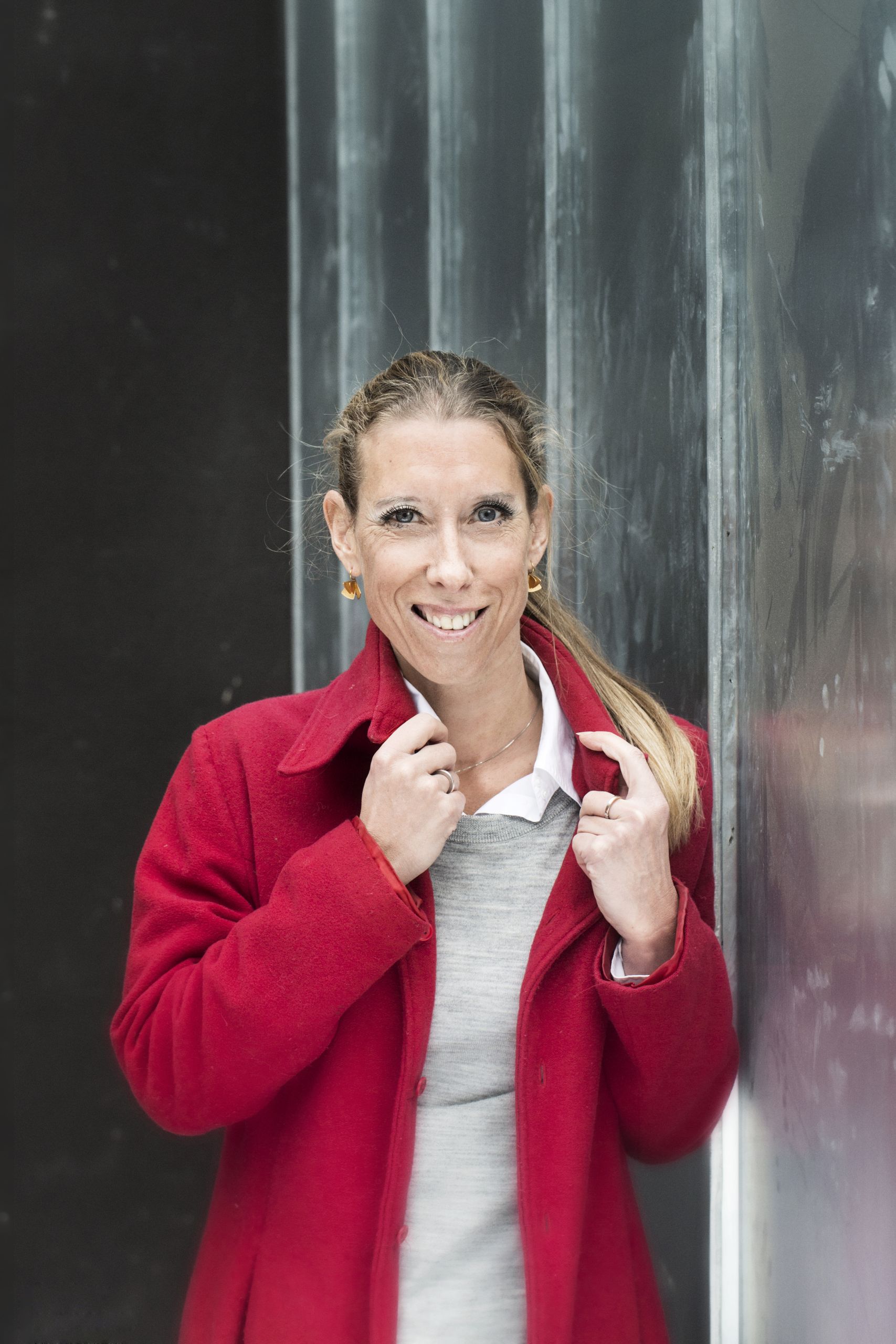
Assistant Professor Pernille Steen Pedersen is ready to launch her next research project on stress. This time it's with CBS students in focus. (Photo: Lisbeth Holten)
CBS students’ stress is the pivotal element of Assistant Professor Pernille Steen Pedersen’s new research project. And as part of CBS’ new strategy, she hopes to change the stressful culture, together with students, teachers and experts.
Pernille Steen Pedersen knew she was onto something when she established the elective ‘Stress, shame and management’ (Stress, skam og ledelse) for the students studying for their Bachelor of Science (BSc) in Business Administration and Psychology (HA Psyk.).
“For a long while, I saw how the number of students feeling stressed out just kept climbing. And being a stress researcher, I thought it would be interesting to make an elective centering on some of my research. So when the elective was announced, I had hoped for maybe 30 applicants, but the support was immense. 100 HA Psyk. students signed up for the elective last autumn,” she explains and continues:
“After the elective, I received so many emails from students saying how much this course has made sense for them in terms of their future careers as leaders, organizational psychologists and consultants, but also that it has made sense for them personally.”
Now, Pernille Steen Pedersen, who is connected to the Department of Management, Politics and Philosophy, is ready to start her three-year Assistant professorship (adjunktur) and she will be exploring CBS students’ stress in collaboration with the students themselves, experts from CBS and elsewhere, and teachers to develop ways of dealing with that stress.
“Depending on what the students describe as being the source of their stress, we can look into ways of coping with it. Like a stress management course for teachers, or dialogue cards for students. It really depends on what the research shows. And based on that, we can come up with recommendations for the Senior Management on how to work with this,” she explains and adds:
“Our main ambition, really, is to make relational activities – meaning that individual students do not bear the responsibility for their own stress. It’s a common cause.”
So far, 30 students have said yes to joining the project and will act as guinea pigs and sparring partners who can share their ideas and experiences. Moreover, Pernille Steen Pedersen has set up a ‘Forum for Dialogue’ where researchers, technical and administrative staff from various parts of CBS, members from professional organizations, the Director of the Center for Rehabilitation of Brain Injury, and the Director of the Association New Dane (Nydansker) can contribute knowledge and perspectives.
“If we really want to make improvements, we must make an effort on multiple levels. It’s not only about developing tools, but making sure that we get the change of culture that we so desperately need. We cannot keep looking at individualized solutions and asking students to deal with the stress themselves,” says Pernille Steen Pedersen.
Stress from within
Pernille Steen Pedersen is one of the leading stress researchers in Denmark, and is particularly well known for linking stress to the feeling of shame. As part of her postdoc, she has worked with municipalities, businesses and organizations on how to deal with stress in work relations, and has found that much of the stress people experience stems from feeling ashamed.
“The stress connected to shame is not just about external demands, like workloads, it comes from within. It stems from the need to be part of a tribe, and be part of an acknowledging work community, and living up to that,” she says and continues:
“Why can’t we just object or back out? Well, it’s not always possible, but I often wonder why people are willing to make bad decisions for themselves so they end up working in the middle of the night, forgetting parent-teacher meetings or down-prioritizing heart examinations because of work deadlines. If you think about it, no manager would ask you to miss a heart examination. But it’s related to a feeling of obligation and high expectations of yourself and not being good enough – and that’s where the term ‘shame’ enters into it.”
When it comes to students, various situations trigger shame-related stress. Perhaps in class where it can be hard to ask questions for fear of sounding stupid compared to classmates, Pernille Steen Pedersen explains.
“I really want to explore the term ‘shame’ among students and ask them to describe different scenarios. For me, it’s a privilege to develop the term ‘shame’ in a different group, and when I look at the students, I get worried,” she says.
Hand in glove
After running the elective in autumn, and based on the response from her students, Pernille Steen Pedersen reached out to the President of CBS, Nikolaj Malchow-Møller and proposed the idea of uniting different parts of CBS, including students and teachers, to battle stress among students.
“I told him that my project goes hand in a glove with the new strategy, as it will also prepare the students for challenges they will meet when they graduate, and that it would also answer some of society’s challenges, including stress,” says Pernille Steen Pedersen.
At the time, CBS’ Senior Management encouraged employees and students to write and submit proposals for projects and initiatives that could be linked to CBS’ new strategy. So Pernille Steen Pedersen began to write her proposal for a mastership and a research project.
What if we could equip the students with the tools and capabilities needed for dealing with stress with the community in focus before they leave CBS?
Pernille Steen Pedersen
One evening, when she was sitting in a hotel in Ringkøbing in Jutland, she received an email from the Study Administration asking whether she would be interested in making a joint proposal, as they too were working on initiatives on student wellbeing.
“This was just a few days before the deadline for submitting proposals, so that very same evening, I talked to Wilbert van der Meer, and my manager at my department, in order to make the project a sort of three-stage rocket launch, comprising of me, the Study Administration and my department. We sent in our proposal and it was accepted,” says Pernille Steen Pedersen.
What about coronavirus?
Her Assistant professorship and the project officially started on February 1, and for Pernille Steen Pedersen, it will act as a pilot project for the coming three years, with the potential of being scaled up to cover all of CBS. For now, the focus is on the HA Psyk. program – but students from various programs are invited to participate in the surveys to be conducted.
“The students are the future. They are the future leaders, lawyers and consultants. So, what if we could equip them with the tools and capabilities needed for dealing with stress with the community in focus before they leave CBS? CBS is my workplace, and I know how important it is for students to thrive, so I see it as my obligation to share my knowledge with CBS,” she says.
And on the subject of thriving. Right now, students and the younger generation have passed their corona saturation point and are struggling to find the motivation to study because of the lockdown coronavirus has imposed on us. Will corona play a role in Pernille Steen Pedersen’s project?
“Every time I’ve presented my project to peers, colleagues and students, everyone has asked me about corona and whether it will get a spot in the project. To begin with, I thought I would leave it out, but I just can’t. I have to acknowledge that it’s there and part of many people’s reality. But I’m not entirely sure how I will incorporate it. I’ll figure that out as we go along, I think,” she says.
This semester, Pernille Steen Pedersen will finish writing another book, supervise undergraduate projects, as well as taking the first steps towards launching her project.
“And if people are in any way interested in hearing more or want to be part of it, they are very welcome to send me an email,” she urges, just before saying goodbye and starting another Teams meeting.



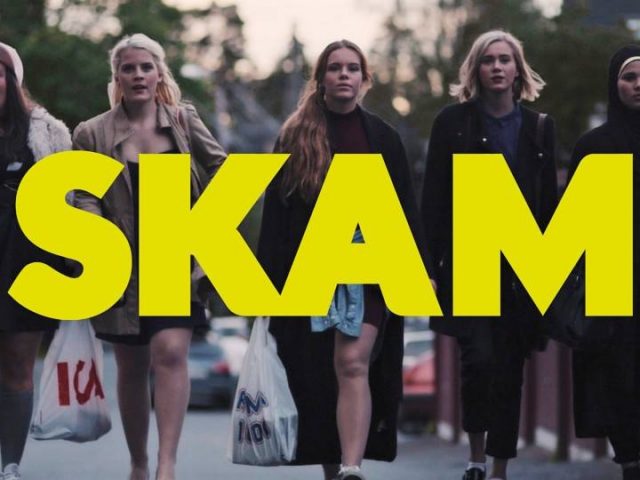
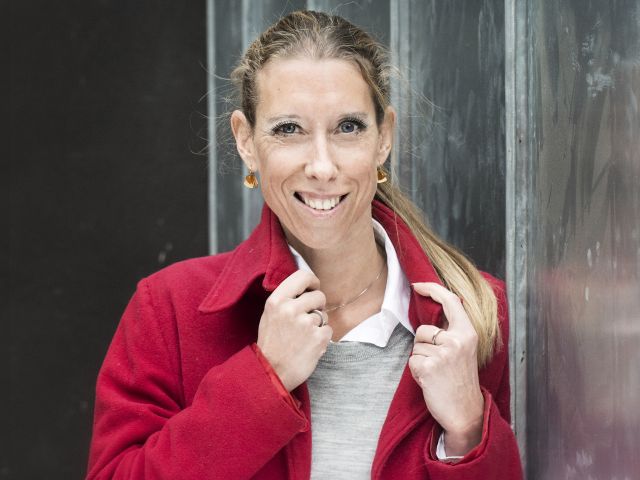
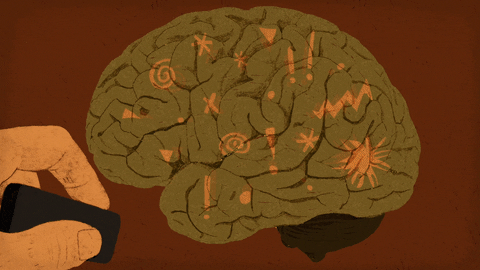
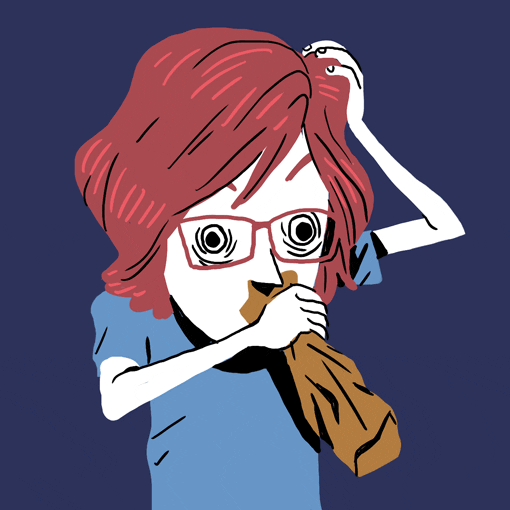
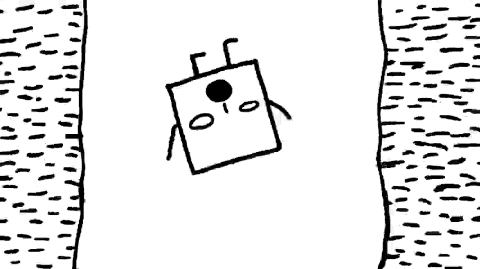
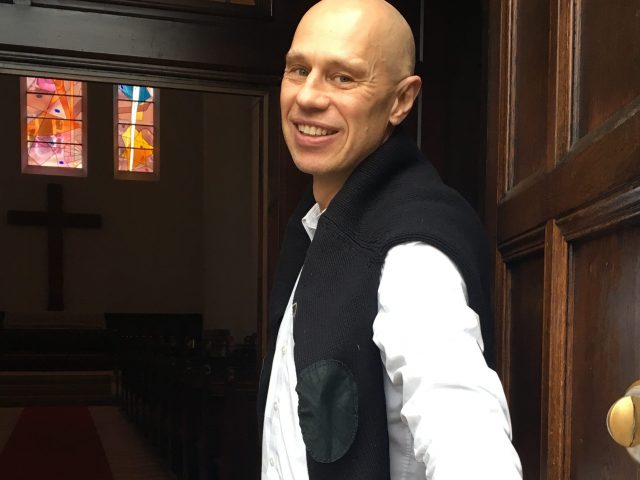
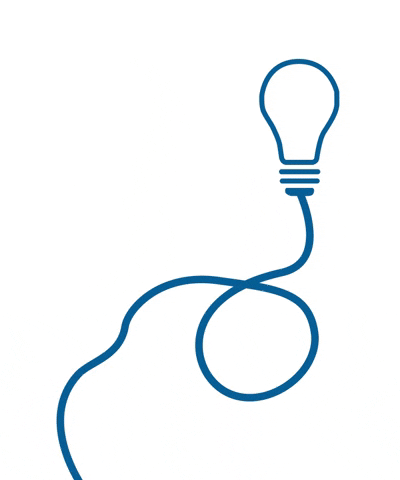






























































































































Comments